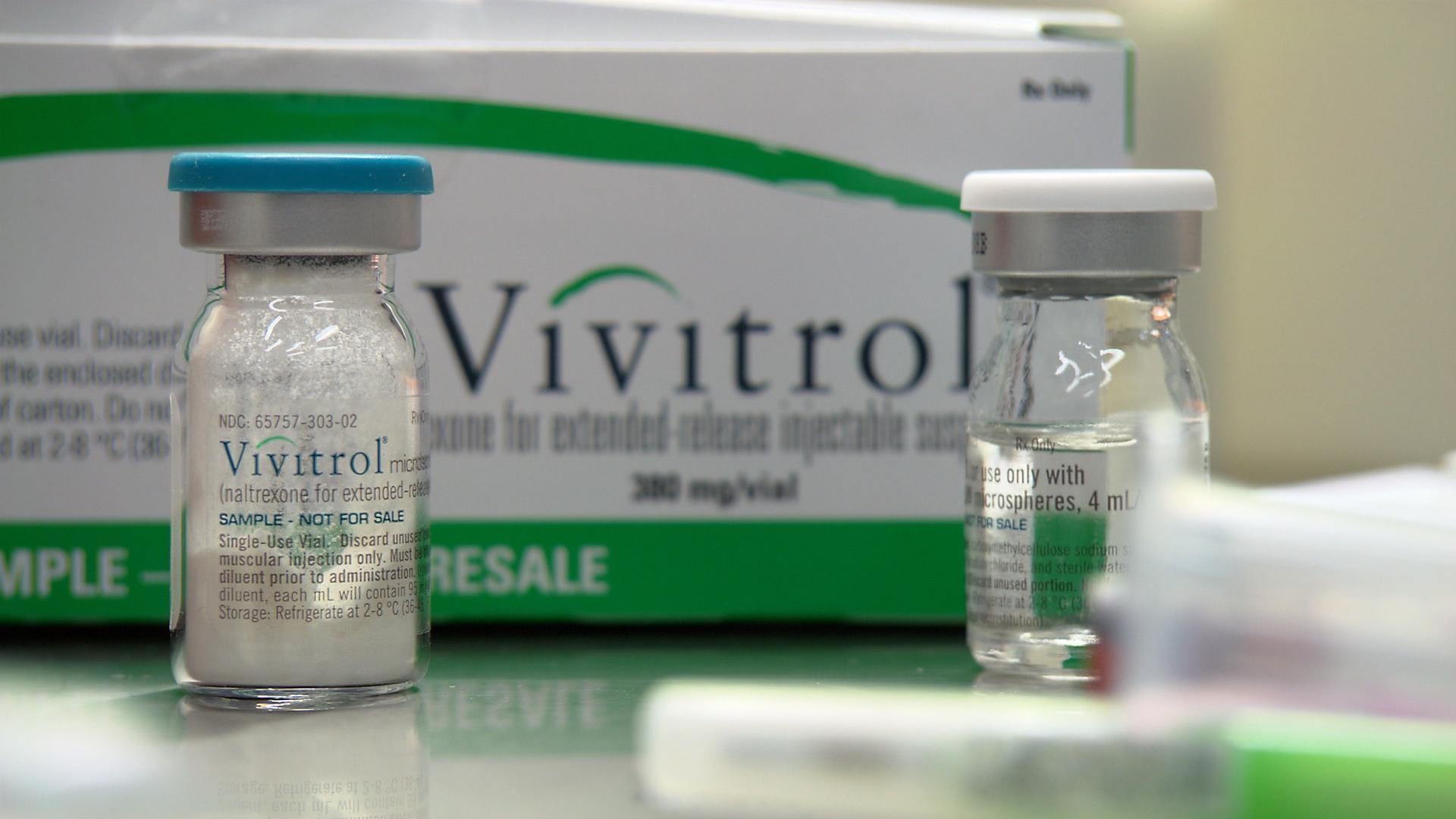Millions of Americans are addicted to opioids, both illicit and prescription. From heroin and opium to Fentanyl and Oxycodone, opioids have flooded the streets and are being abused by people of all ages, races, and financial backgrounds. Close to 50,000 people die each year in the United States from an overdose involving opioids. With the pandemic raging on, overdose rates are expected to increase, as are cases of opioid use disorder.
Opioid addiction is a deadly disease if it is not properly treated. At any moment, a person abusing opioids can take their last hit without even expecting it. Not only are opioids dangerous on their own, but purchasing opioids on the streets has become extremely risky, as they are being cut with more potent opioids (such as fentanyl). This is increasing opioid overdoses and addictions, fanning the flames of any already out-of-control epidemic.
There are not many silver linings when it comes to any type of addiction, however there is one in relation to opioid addiction treatment — medication-assisted treatment. Medication-assisted treatment, or MAT, has saved the lives of countless former opioid addicts and continues to do so today through the implementation of medications like Vivitrol.
Medication-Assisted Treatment
Before explaining the details about Vivitrol and its effectiveness, it is important to understand the role of medication-assisted treatment in relation to opioid addiction.
Medication-assisted treatment is an evidence-based treatment approach designed to help opioid users end their active addiction. This is done by incorporating an FDA-approved medication (such as methadone, buprenorphine, or Vivitrol) into a patient’s therapeutic treatment plan. These medications all possess different beneficial qualities, but generally speaking, they help minimize withdrawal symptoms and/or curb cravings for continued opioid use. When one of these medications is being used while a patient is in therapy for their opioid addiction, they are able to place their full focus on their recovery. They are not distracted by nagging cravings or painful withdrawal symptoms, but instead are comfortable enough to develop a strong standing in recovery during such a vulnerable time.
When taken as prescribed, these medications are not addictive. Methadone and buprenorphine can be abused, but Vivitrol cannot. Regardless, the inclusion of medications such as these into treatment plans for recovering opioid addicts has proven to be highly effective and has saved the lives of many.
What is Vivitrol?
Vivitrol, which is the brand name for the generic naltrexone, is one of the most commonly used medications in medication-assisted treatment programs. It is also used as a supplement to those who are recovering from opioid use disorder and alcohol use disorder but who are not in a medication-assisted treatment program, rather an inpatient or outpatient setting.
Vivitrol is a once-monthly injectable medication that works to stop persistent cravings for continued use. It is administered by a medical professional each month and it is recommended to be used for at least six months to a year to achieve the most optimal results. It is classified as an opioid antagonist, which means that it completely blocks the opioid receptors in the brain. What this does is prevent the brain from sending out signals that it wants more opioids, as Vivitrol is plugging up those receptors without causing the patient to get high. Because Vivitrol is an opioid antagonist, it is impossible to abuse because it will not produce any mind-altering effects regardless of how much is used.
What separates Vivitrol from methadone and buprenorphine is not only that it is non-addictive, but also that it cannot be consumed during the detox phase. A person must be fully detoxed from opioids prior to taking Vivitrol or else severe withdrawal symptoms can be triggered. A patient needs to be 7-14 days detoxed from opioids before getting a Vivitrol shot. If a person attempts to use Vivitrol in an effort to abuse more opioids, they can quickly overdose and potentially lose their life. Vivitrol should never be used to attempt to control the amount of opioids that a person chooses to abuse or not. Again, on its own, Vivitrol is non-habit forming and the benefits of its use vastly outweigh the minimal risks.
Is Vivitrol Effective?
In the mid-2000’s, buprenorphine made a splash as being the “gold standard” for opioid addiction treatment. It was less habit-forming than methadone and showed more promise for positive outcomes. However, Vivitrol (despite being developed in the 1960’s) is quickly taking away that spotlight, as its monthly dose has proven to be just as effective as taking buprenorphine or methadone daily. This makes it more desirable as 1) patients do not need to remember to take a pill every day and 2) patients are not at risk for abusing Vivitrol since it is non-addictive.
It is important to understand that while Vivitrol has been proven just as effective as buprenorphine and methadone, it is not able to be used during detox. Methadone and buprenorphine help reduce cravings and withdrawal symptoms at that time, making it slightly easier on the patient. Vivitrol is solely capable of helping to control cravings. It cannot help with withdrawal symptoms. So, depending on the patient’s specific needs, Vivitrol may be the best option for them.
A recent study has shown that patients who included Vivitrol into their therapeutic treatment experienced 99.2% opioid-free days, showing just how effective this particular medication has been and will continue to be for those looking to recover from opioid addiction.
Need Help? Call Us Today.
Opioid addiction is scary, painful, and saddening. If you are struggling with an addiction to illicit or prescription opioids, we can help. You do not need to continue to abuse opioids, nor do you need to keep living a lifestyle that will lead to an untimely death.
We understand how challenging it is to overcome opioid addiction, but we also know that it is possible. With the right support and appropriate clinical care, you can stop your active addiction to opioids for good.
Do not let one more day pass you by without reaching out to us. We can help. Call right now.






